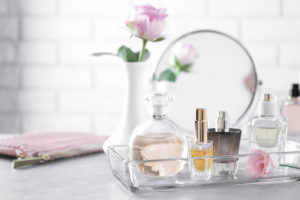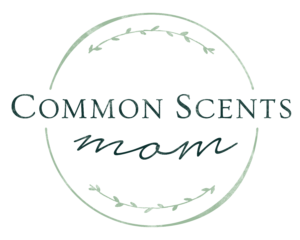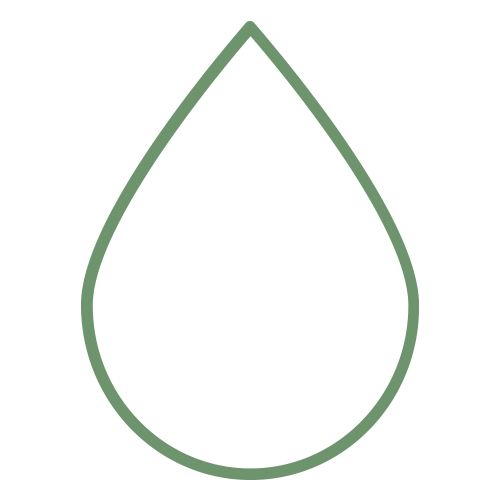When I began to purge our home of toxic chemicals, one thing I dearly missed using was my perfume collection!
My husband used to travel the world on business. And, when he did, he would bring home all sorts of exotic perfumes for me. Encased in ornate bottles, I would display them on a mirrored tray in our bedroom.
Read EWG’s report, Not So Sexy: The Health Risks of Secret Chemicals in Fragrance HERE
There was a time in history when all perfumes were made with essential oils. The Bible even talks about the ancient art of the perfumer! But today’s colognes and perfumes have very little resemblance to the intoxicating scents of times past when nearly all ingredients were obtained from natural botanical and animal sources. Big business has caused providers to load perfumes with all sorts of chemical extenders and synthetic fragrances.
“The average fragrance product tested contained 14 secret chemicals not listed on the label,” reports EWG, which analyzed the Campaign’s data. “Among them are chemicals associated with hormone disruption and allergic reactions, and many substances that have not been assessed for safety in personal care products.” The Scent of Danger
So the more I learned about the way our skin absorbs everything we put on it, getting into the blood stream and wreaking havoc upon our health and hormones, the more I desired to get my hands on the “real stuff.” Thankfully, I found out I could make my own perfume, which is not only healthier and less expensive, it also smells better!
I designed the recipe cards below for you to download and print for free on Avery postcards #8387. They all contain one or both of my two favorite perfuming oils: Ylang YLang and Patchouli! If you’ve been turned off by Patchouli in the past or think of it as a “hippie oil,” I challenge you to put that thought aside and try it out anyway! I think you’ll be pleasantly surprised! They are amazing together! (Especially my personal favorite, Sanctuary!)
Recipes
You can use your perfumes neat (undiluted) or mixed with a carrier. However, if you choose to dilute your perfume, allow the oils to blend or “marry” first (preferably for a week or two) in a dark glass bottle before diluting.
For a spray on cologne, add 1 part high proof grain alcohol. Alcohol will hinder bacteria from growing and helps the perfume to evaporate much faster than water on the skin.
For a more intense diluted “parfume”, mix with a little carrier oil instead (I recommend sweet almond or jojoba oil). Store in a dark glass perfume bottle with or without a roller ball. The fatty oil (carrier) will keep the perfume from absorbing into the skin too fast, making the scent last longer.
Have fun making some of my favorite recipes! There are plenty of beautiful perfume bottles available online, so you can make all sorts of yummy gifts for your family and friends, all while promoting their health, instead of compromising it!
Store your perfume in a dark glass bottle in a dark place for two weeks to blend and intensify the scent. A roll on bottle works well for these perfumes, but if you want to make them into a spray, leave out the carrier oil and use your high proof grain alcohol and water instead and store in a 2 oz. glass spray bottle.
“Oil and perfume make the heart glad, and the sweetness of a friend comes from his earnest counsel.” Proverbs 27:9
REMEMBER: The perfume you wear actually enters your body system, so I only recommend health-promoting Young Living Essential Oils. Many chemicals and lower quality oils can actually be toxic. See: Safe or Toxic? How Much Do You Know about Essential Oils?
CLICK Below to access 20 recipes from both my personal recipe collections, or click below and print a few of our fan favorites to use or share.







